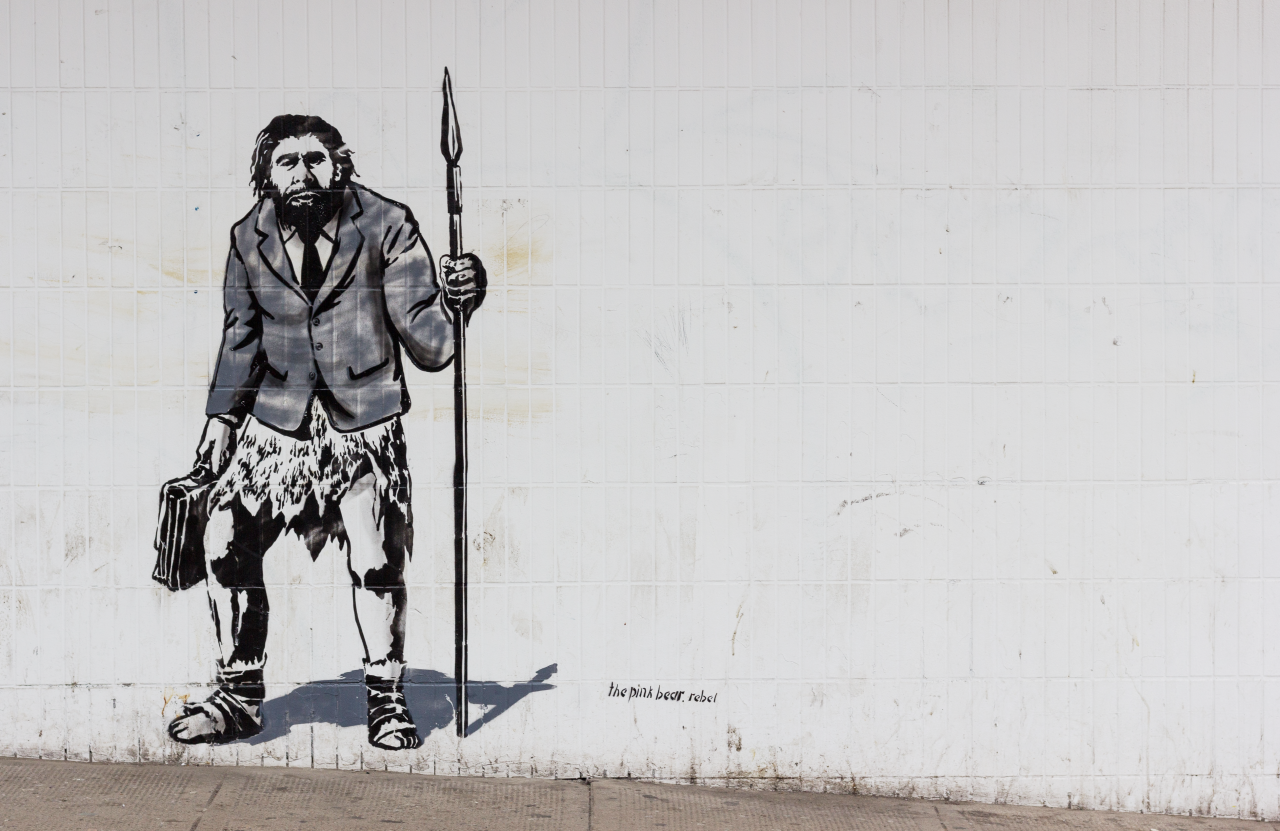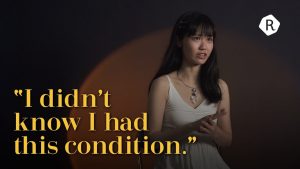Riding on the righteous waves of anger borne from a previously published story detailing the plight of male survivors of sexual assault, I was ready to write an article lambasting the toxic nature of all-male environments.
That would have been a very different story.
And no, this isn’t clickbait. I haven’t tricked you into reading lengthy drivel about the SJW-feminist agenda.
I eventually decided against that approach, because I realised that while it might have rallied certain segments of society, it would have easily alienated the rest.
And therein lies a problem that we don’t talk about enough.
While it seems natural that women are leading the charge for gender equality, it is exceedingly crucial that men are not excluded from this dialogue about gender politics.
The post-#metoo climate and recent media attention surrounding sexual misconduct on university campuses has surfaced uncomfortable conversations within our society. Yet the fact that males are disproportionately the perpetrators of sexual assault—coupled with the fact that anything relating to gender politics being an extremely sensitive topic—means that many men are afraid to throw their opinions into the (already hairy) mix.
And so the thought lingers: peeling back the layers of political correctness and fear of social judgement, what do Singaporean men really think about gender issues?
For this story, I conversed with a diverse pool of men—from Christian-Chinese males in their early 20s to my 53-year-old conservative Asian dad—in an attempt to answer this question.
For a long time, I’ve taken issue with a particularly contentious section of the Bible that literally calls for wives to “submit to their husbands in everything”.
Where the conversations tended to go instead, was towards the more nebulous (and arguably more contentious) discussion of gender roles in relation to their personal relationships and their cultural and religious backgrounds.
A simple question of “What does being a man mean to you?” could already evoke such a diverse range of responses, some of which I’ve categorised into the following categories:
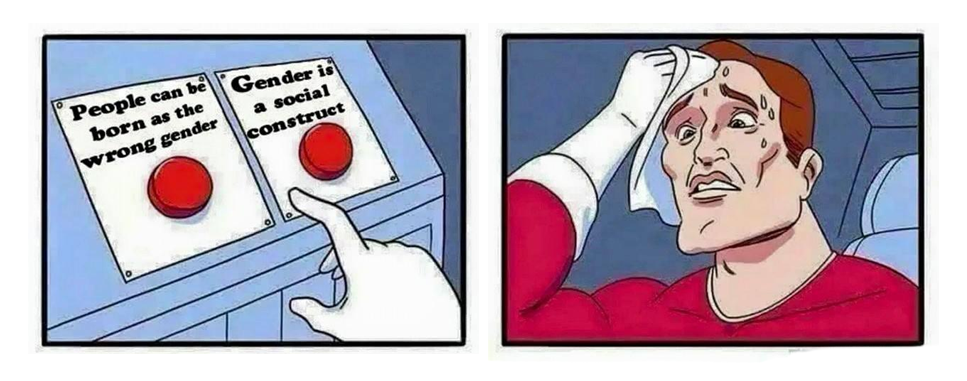
For Jerial, his awareness of his “male privilege” (and in his own words, the fact that he is also a heterosexual Chinese male further entrenches his privilege in Singapore) compelled him to immerse himself in advocacy for women’s rights.
“This is half our population we’re talking about, so it’s important for me to be able to understand the unique challenges and struggles they face,” he explains.
Jeriel believes that traditional markers of masculinity “do not port over well” in the modern day. Not only are they “exclusionary” towards women and certain men, but these outdated concepts are in serious need of a facelift. Ideals like males being the designated ‘protector’ of women and the young, and the provider for the family, should be recast in more gender-neutral terms: both parties in a relationship should aim to be responsible partners/parents.
“I wouldn’t say that people are all getting on this trend, but people are starting to understand the fluidity of gender and sexuality,” he says.
Increasingly, Jeriel feels like the ‘male’ versus ‘female’ binary doesn’t make sense anymore, which is a good thing because it acknowledges and accepts that there are individuals whose self-identity and self-expression fall outside socially-dictated norms. It means accepting that it’s perfectly normal that there exists a healthy overlap and blurring of the two.
Likewise, Doug, a permanent resident of 26 years, dislikes the very terms of ‘masculinity’ and ‘femininity’ as they tend to “conjure up a false dichotomy”.
These two men’s unique profiles make it easy to anticipate their liberal/progressive views. However, what’s noteworthy is perhaps their reluctant admission that, despite how they personally feel, they understand that people aren’t likely to throw all sentiments of ‘gender’ and accompanying gender roles out of the window any time soon.
People still need a framework to understand the world.
The ‘My religion espouses certain notions about gender roles’ camp
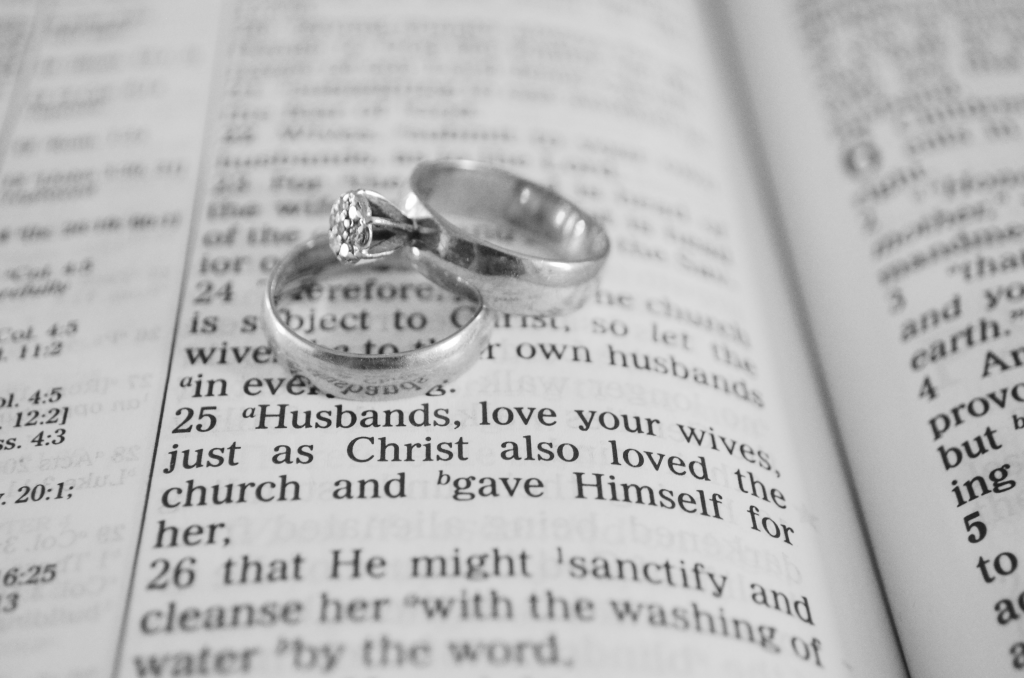
This ‘wife must submit to her husband’ ideology can be supremely discomforting, especially to someone like me who isn’t well-versed in Christian religious philosophy.
Ern, a recently-engaged 24-year-old and a personal friend of mine, tells me that this is something he’s personally grappled with as well. But he explains that this section needs to be understood in the context of the larger Christian philosophy, which likens the relationship between wife and husband to the church and Jesus Christ.
To Ern, being a Christian husband means emulating what Jesus did for mankind. Willingly, sacrificially, laying down his life for his fiancee. In less metaphorical terms, this means consciously putting her needs and welfare above his own.
He explains: “It’s difficult for me to lay myself down for my wife, since I have as much selfish tendencies as the next person. And for my [soon-to-be] wife, it’s a difficult thing for her to reconcile with this idea of ‘submitting’. But both parties make sacrifices in marriage, it’s not just the women.”
My reservations surface immediately: how can the role of husband and wife be truly equal if the husband is the one who “sets the direction of the family”, and “respecting the opinions of his wife” seems more like an afterthought?
But despite my initial misgivings, Ern explains what the role of a Christian man means to him with the simple and earnest conviction of wanting to be a good son and loving husband.
The sincerity of his intentions shines through, and it gives me pause.

“Among my friends and family, it’s not really the physical attributes, like having more strength or having to protect women, but rather the responsibility that comes with ‘being a man’. For my friends, most of them feel like they need to fill the role of the breadwinner in their future family. This is something my family really pressures me to do too.”
He often struggles to reconcile with the gender biases that are heavily embedded within his religious and cultural context. Take for instance the idea that the man has to be the head of the house. The idea of the wife having to submit ]to the husband and do as he bids—this is a form of ‘masculinity’ that he doesn’t agree with, nor is it something he applies to his personal relationships.
Yet Khai stops short of completely dismissing traditional masculine ideology as mere outdated tenets of the past. He believes that, ultimately, it’s up to the individual to decide which traits deserve preserving.
He explains it this way:
“In all honesty, most of these gender roles are formed with good intentions. For example, telling a boy that you need to be a man and support your family sounds demeaning because obviously women could do that as well. But even though I disagree with it, we can’t deny that the intention of these gender roles are good. It’s just that perhaps these are parents’ way of looking out for us, hoping that we would grow up to be a good person.”
And sometimes, he says the label of “toxic masculinity” can be a matter of personal opinion.
“For example, if a girl gets together with a guy with the expectation that he will pay for all her meals and the guy accepts that, thinking that it’s his duty to do so, it’s not toxic. But if the guy is is bothered by this, yet the girlfriend continues to pressure him to do so because of society’s influence on gender roles, that’s when it becomes toxic.
I think it’s fine if someone decides to preserve some of these gender roles. The important thing is that they don’t lose sight of the big picture; which is to be a good person.”
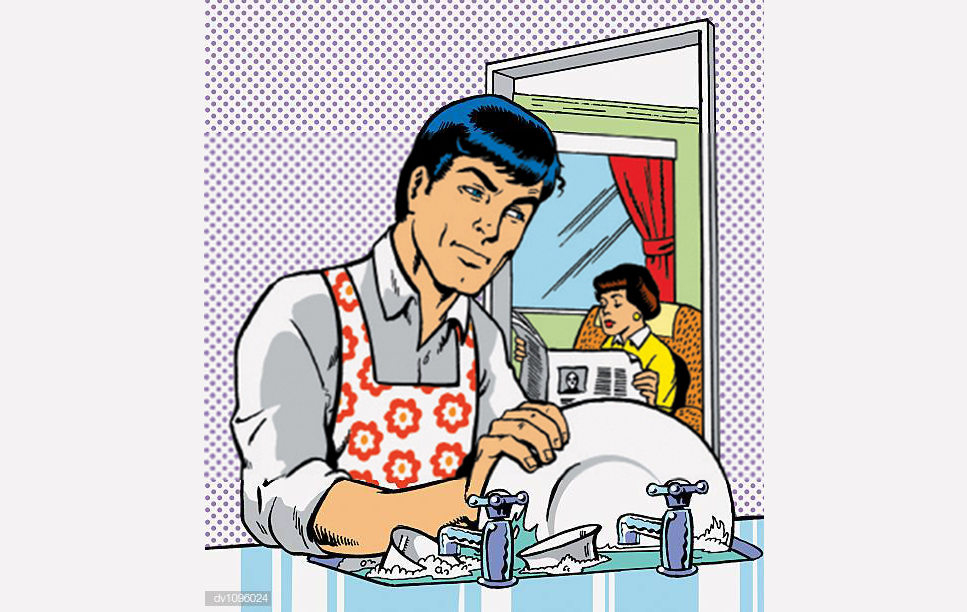
So I’m sure you can see why I was especially nervous to have this particular conversation with him.
“I feel like men are [inherently] not very good parents, not good homemakers,” he tells me.
Though he falls short of implying that men are better suited to getting that bread while women are best-suited to childrearing and tending to the home, it’s clear that my dad believes some roles are innately better suited to men, and others to women.
He admits that he, among many of his peers, still cannot really accept the recent rise in the trend of house-husband-hood and stay-at-home-dads; if the man is the one who stays at home to take care of the children, he is typically thought of as someone who is “weak in character”, or humiliatingly “incapable” in comparison to their wives.
He tells me to imagine it this way. You attend a class gathering, and you meet people you’ve not seen over a long while. Over dinner, you talk about what you’ve been up to, and everyone shares about their jobs and and career progression over the past decade. In this situation, how comfortable will you really be admitting that you’re a house-husband?
Even as he makes it clear that it’s not an ideal life choice for him, when it comes to how other couples delegate their roles, he doesn’t want to pass judgement.
“Even if I don’t agree, it’s not my call,” he says.
Ultimately, it’s more important to make a decision that makes sense for the couple and the family, rather than care about what society might think.
“I think it’s fine if someone decides to preserve some of these gender roles. The important thing is that they don’t lose sight of the big picture; which is to be a good person.”
In the social circles that I tend to run in, most people consider these issues settled. It seems obvious that people should know it’s misogynistic to relegate the roles of caregiving to women. People ought to dispel the outdated notion that men have to shoulder the burden of breadwinning.
Over the course of these conversations, I realised that a good number of men (and women) hold sentiments that fall within a middling zone of ambiguity that is not easily defined. Contrary to the way I’ve structured this piece, the men I talked to and the opinions they hold are often too nuanced to be perfectly compartmentalised into neat categories.
So perhaps this article serves to raise more questions than it answers. Over the course of writing this I’ve been forced to confront my own personal biases and assumptions, and ask questions like:
How can we identify certain traditional gender roles as problematic, and yet support the idea that people should be able to choose to adopt it anyway?
For instance, when a woman chooses to devote her time to raising the kids while leaving the role of breadwinning to her husband, is this empowering because she chose this for herself, or is it an example of her having internalised unhealthy gender stereotypes?
This is but one of many difficult questions to wrestle with, but we need to talk about these nebulous zones of ambiguity, as unsettling and discomforting as they may be. Instead of dismissing traditional gender roles and masculine ideology as obsolescent, or lambasting people for their “problematic” or “toxic” ideals, we need to open ourselves up to frank and sincere dialogue.
Sometimes, it’s also about having the humility of admitting that no simple conclusions can be drawn, nor arguments to be won. Sometimes, it’s just about accepting that all of us are different, and that we should get to want different things.
